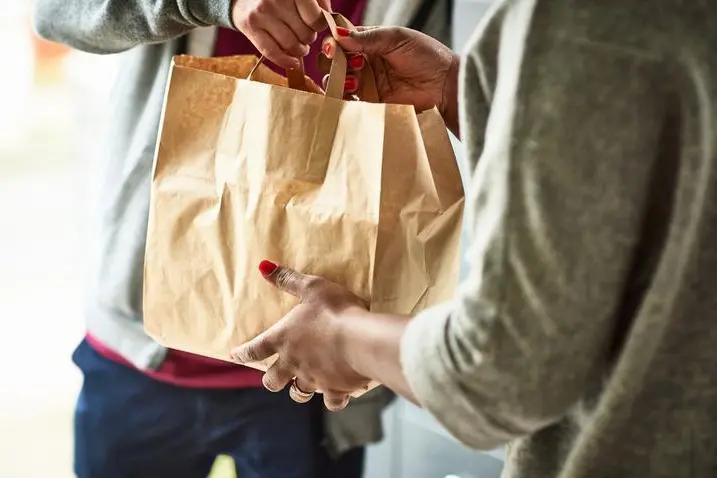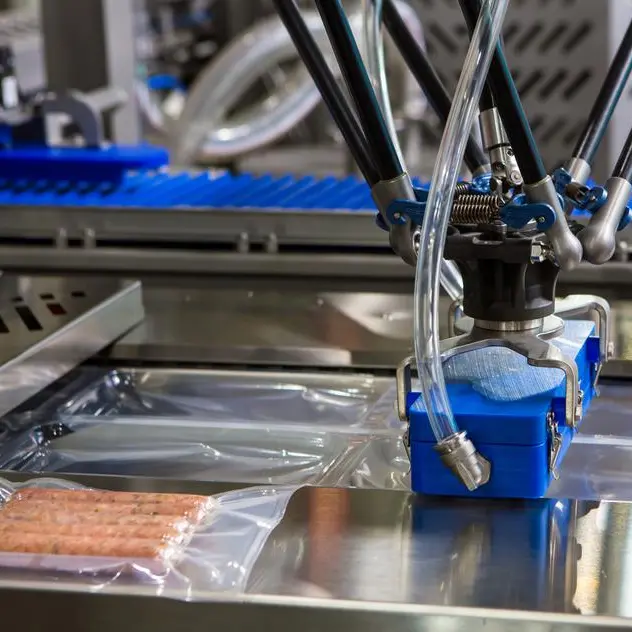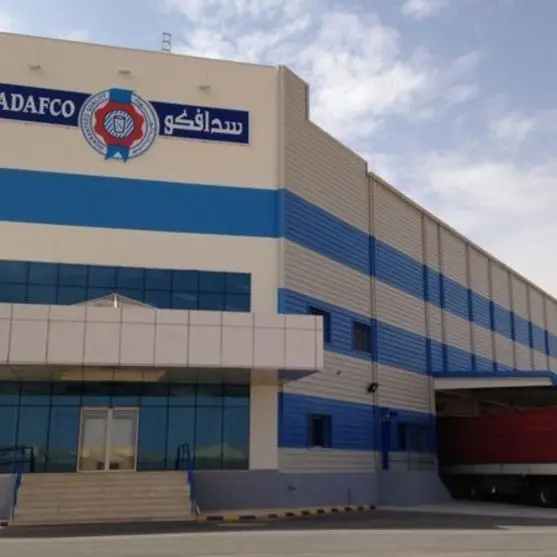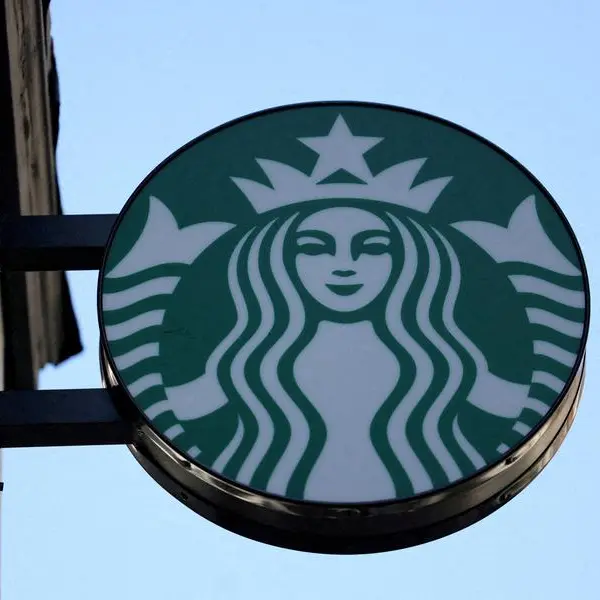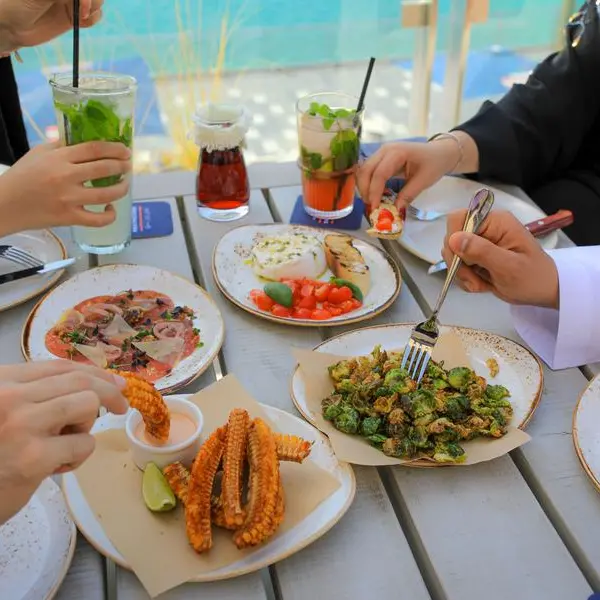PHOTO
Pandemic legacy has hugely impacted consumer behaviour of restaurant delivery, say experts in the food sector, with food delivery services currently leading the online marketplace crossing pre-Covid times.
Speaking on the second day of the Gulfood, in a session titled ‘Delivery is king, but is the kingdom getting crowded?’ Tapan Vaidy, CEO, PJP Investments Group (AE) says, “the UAE is actually the 27th biggest market in the world in e-commerce with a predicted revenue of Dh12 billion in 2023. Of [this], two million is [the] food business, and this is expected to grow to 3.3 billion by 2027 – we are talking about 15 per cent CAGR.”
Shedding light on how the ‘cost of delivery’ is one the biggest challenges, veterans in the food industry note, “Delivering consumer experience using the tech that they use is one of the main points.”
“But just think about how the business model has evolved. We started on deliveries. That's when we launched everything. In the 80s, people went to restaurants but in the 90s, operators started home delivery for them. This was a completely new incremental revenue channel, and they just wanted to deliver and grow their business there. That same set of operators now would rather have customers come to the restaurant and takeaway so that they can see a reduction in delivery costs.”
Naji Haddad, General Manager Mena Deliverect (AE) says, “28 per cent of Asian people expect their food delivery to be between 10 to 20 minutes, while 41 per cent expect it to come within 20 to 30 minutes, which is acceptable. But anything under 20 minutes is going to be very difficult to do.”
Experts underline that due to Covid-19, a lot of sit-in restaurants converted themselves to Dark Kitchens or Delivery-only outlets with the online food delivery trend gaining traction.
Neha Sood, UAE Market lead, Zomato (AE) points out that managing customer expectation in terms of delivery time seems to be the biggest impediment.
She suggests that defining the delivery radius and restricting it to a few areas to cater to a wider clientele, allocating the right number of vehicles, ensuring the food quality, and delivery timing, are some of the critical logistics-related issues that food delivery companies regularly face.
Sood says, “It was very hard to bring down the time [of the] delivery period. We could bring it down to 42 minutes and were struggling (with it) at one point. The preparation time of the restaurant and the distance that a rider has to cover to reach a customer are some of the big challenges. All this is not easy for a traditional kitchen. So customer expectation is a big area that needs work.”
“Expecting deliveries within 20 minutes could be dangerous. I mean, how can [we expect] a restaurant to cook up to the right temperature and deliver including transport time within 20 minutes? I will be wary,” says Vaidy. “I prefer the word cloud kitchen over dark kitchen. A cloud kitchen is a great way for a known brand to further penetrate the market.
But if you try to launch a new brand through the cloud kitchen, chances of succeeding are pretty slim – you really have to spend money on marketing to reach people’s mobile screens.”
Copyright © 2022 Khaleej Times. All Rights Reserved. Provided by SyndiGate Media Inc. (Syndigate.info).
